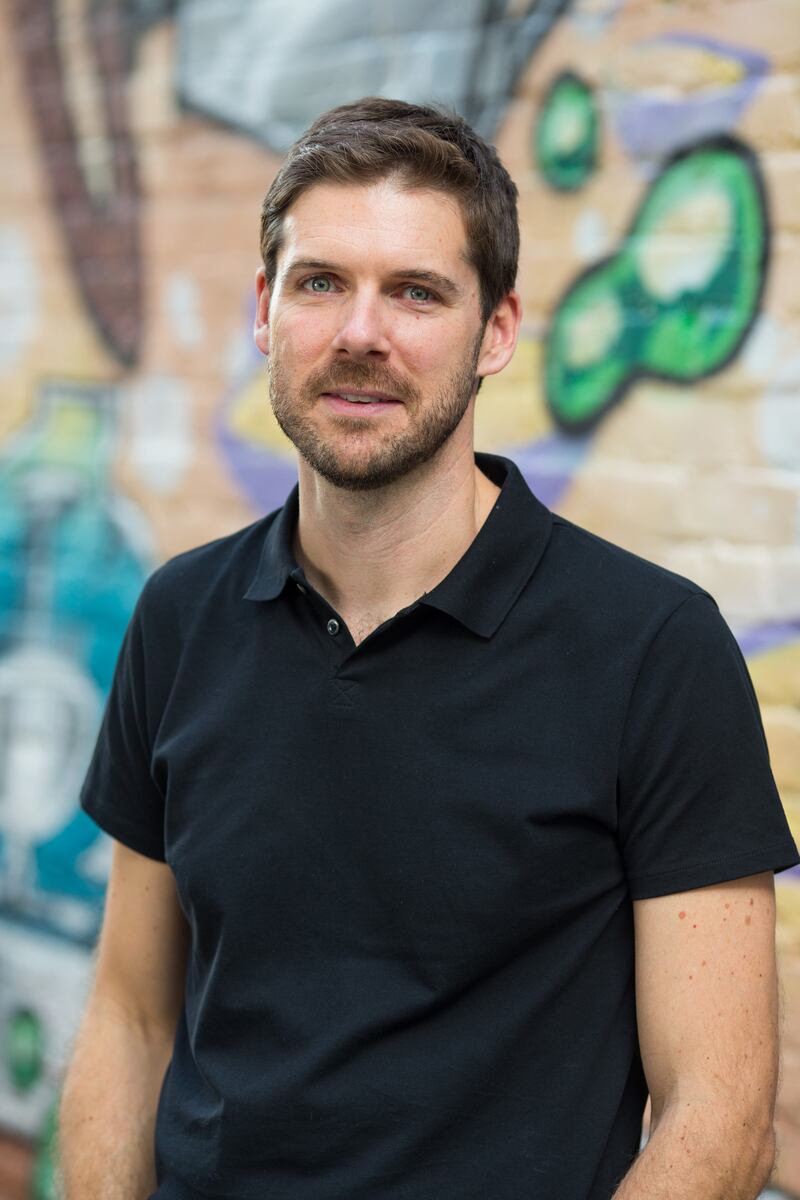Social networks need to “do a lot more” to spell out how they collect and share data to earn back trust following the Facebook scandal, the boss of fast-growing Strava has warned.
James Quarles, chief executive of the specialist social network for athletes, told the Press Association that, while the Cambridge Analytica data breach shone a light on privacy issues, the industry still has a long way to go to put the Facebook debacle behind it.
The San Francisco-based boss – a former regional director for Facebook across Europe, the Middle East and Africa and ex-vice president of Instagram – said lessons have been learned since the affair by both social networks and users themselves.

He said: “This industry can and should do a lot more to make it clear and transparent to people how data is collected.”
He added that the episode has “put a greater emphasis on trust and privacy”, with social network users also having “greater awareness” about what details they are giving out and data policies.
The key is in being able to “anticipate all the various ways it can be abused” right from the start, he said.
But he admitted it is hard to put resources towards this when starting up as a small company.
Strava, which has four million members in the UK out of 31 million worldwide, does not sell data and does not give away locations and personal details of its users, Mr Quarles said.
But the company has had to adapt to the new personal data rules across the EU – the General Data Protection Regulation (GDPR) – and is now pushing for greater standardisation of transparency and privacy policies across the industry globally.
Mr Quarles said social networks need to spell it all out in a way the “lay person can understand” and present it in a common way.
“That’s the aspect that still needs leadership from the industry,” he said. “That’s what I would love to take a lead on.”
Social network users are also becoming more savvy and choosing their communities according to their needs and interests, he said.
As a specialised network, Strava is tapping into this natural evolution of social media and expanding its global reach at an impressive pace.
It is adding around one million users every 30 days and now has 82% of its members outside the US.
The UK is its second largest market, while it is also home to its international marketing operations, with a nine-strong team in Bristol.
Strava started life in 2009 as a fitness app, but has grown to become a social network where users can share far more than just activity data.
While it is primarily used by runners and cyclists, it also allows people to record hikes, swims and gym sessions and it moving more towards indoor activities such as yoga and virtual studio workouts.
It is yet to turn a profit still nine years after launch, but believes it is right to continue investing to grow the community in the belief that the financial rewards will follow.
“We want to be the next great sports brand of the 21st century – that’s what we’re looking for and on that journey, profits will fall in line,” said Mr Quarles.








